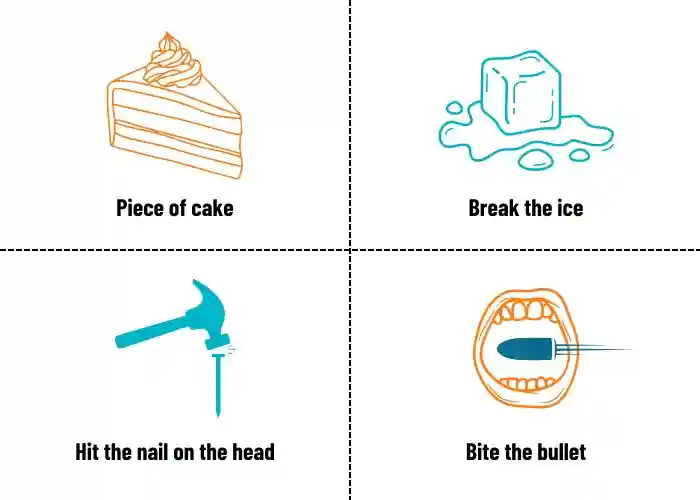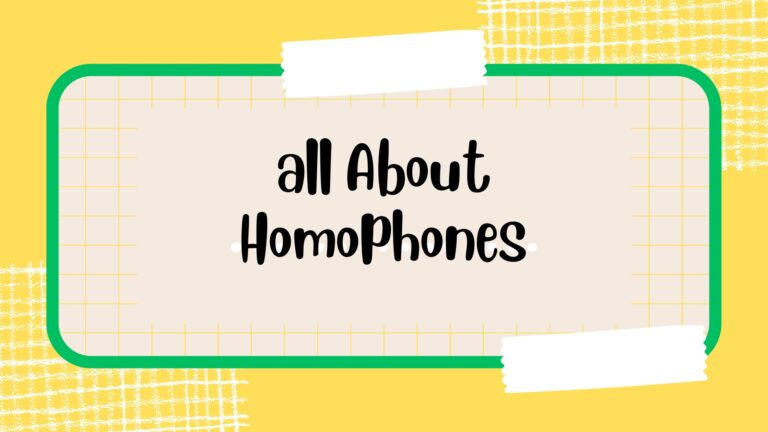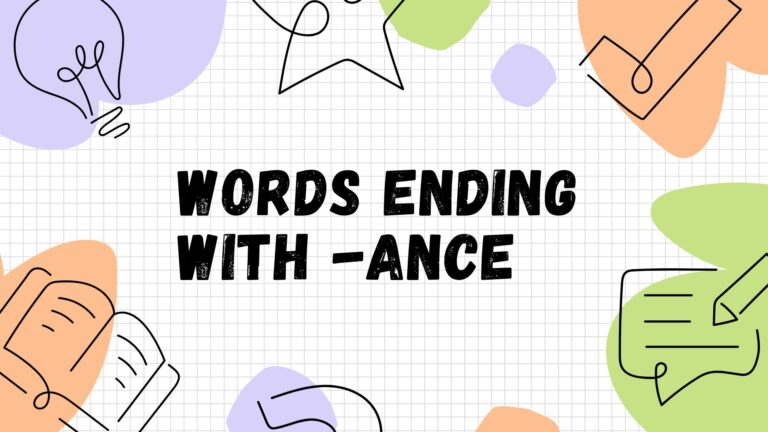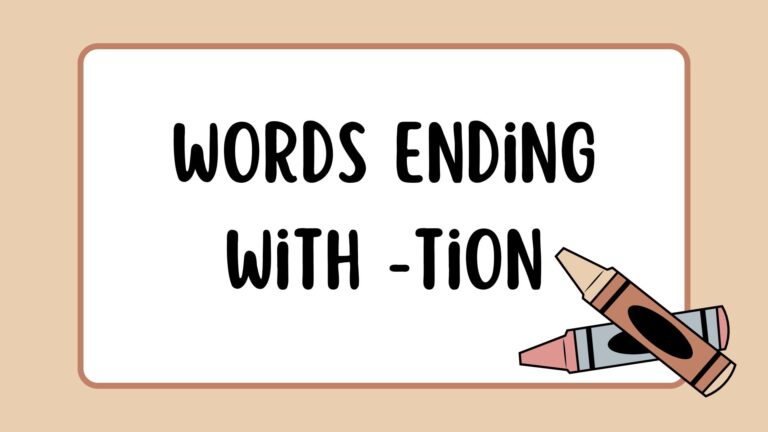50 Idioms with their Meanings
English language has lively idioms that make conversations more interesting. Learning these phrases improves your vocabulary. This article lists 50 idioms with their meanings to help you express yourself more better.
Introduction to Idioms:
Idioms are interesting phrases that are defined as expressions whose meanings can’t be easily figured out from their parts. For example, when someone says they “kicked the bucket,” it means death, not literally kicking a bucket. Idioms reflect the culture and history of the people who use them.
50 Idioms with their meanings:
Below basic 50 idioms with their meanings are discussed one by one.
10 Common Idioms in Everyday Conversation:
- Actions speak louder than words
Definition: What someone actually does is more important than what they say they will do.
- Add insult to injury
Definition: To make a bad situation even worse.
- By the skin of your teeth
Definition: Barely succeed at something; just manage to do something.
- Cry over spilt milk
Definition: To be upset about something that has already happened and can’t be changed.
- Go back to the drawing board
Definition: To start again from the beginning with a new plan or idea.
- At the drop of a hat
Definition: Immediately; without hesitation.
- Call it a day
Definition: To stop working for the day or to stop doing something.
- Barking up the wrong tree
Definition: To pursue a mistaken or misguided line of thought or course of action.
- Break the ice
Definition: To do or say something to relieve tension or get conversation going in an awkward or uncomfortable situation.
- Once in a blue moon
Definition: Very rarely; something that does not happen often.

10 Popular Idioms Related to Animals:
- A wolf in sheep’s clothing
Definition: Someone who pretends to be harmless but is actually dangerous or deceptive.
- All bark and no bite
Definition: Someone who talks tough or threatens but doesn’t actually take action.
- Dog eat dog
Definition: A situation where people compete fiercely and ruthlessly.
- Fishy
Definition: Suspicious; something that doesn’t seem right.
- Wild goose chase
Definition: A futile or hopeless search for something that doesn’t exist or is very hard to find.
- Cats and dogs
Definition: Used in the phrase “raining cats and dogs” to describe very heavy rain.
- Ants in your pants
Definition: To be restless, fidgety, or overly excited.
- Elephant in the room
Definition: A big issue that everyone is aware of but no one wants to talk about.
- Black sheep
Definition: A person who is different from the rest of their family or group and often considered a troublemaker or embarrassment.
- Busy as a bee
Definition: Very busy and active.

10 Idioms About Time and Seasons
- The early bird catches the worm
Definition: People who act promptly or arrive early have an advantage.
- Time flies when you’re having fun
Definition: Time seems to pass quickly when you’re enjoying yourself.
- Make hay while the sun shines
Definition: Take advantage of opportunities while they last.
- A stitch in time saves nine
Definition: Fixing a small problem early prevents it from becoming a bigger issue.
- Waiting for the other shoe to drop
Definition: Expecting something bad or inevitable to happen after a warning sign.
- Snug as a bug in a rug
Definition: Very comfortable and cozy.
- Time is money
Definition: Time is valuable, so it shouldn’t be wasted.
- Dog days of summer
Definition: The hottest, most uncomfortable days of summer.
- Under the weather
Definition: Feeling ill or unwell.
- Come rain or shine
Definition: No matter what happens; regardless of circumstances.
10 Idioms Expressing Emotions and Feelings
- On cloud nine
Definition: Extremely happy or joyful.
- Down in the dumps
Definition: Feeling sad or depressed.
- Butterflies in my stomach
Definition: Feeling nervous or anxious, usually before something important.
- Walking on air
Definition: Feeling extremely happy or elated.
- Hit the ceiling
Definition: To suddenly become very angry.
- Wear one’s heart on one’s sleeve
Definition: To openly show your emotions or feelings.
- Bury the hatchet
Definition: To make peace and stop arguing or fighting.
- Keep a stiff upper lip
Definition: To remain strong and unemotional in difficult situations.
- Feel like a million bucks
Definition: To feel great, physically or emotionally.
- Cool as a cucumber
Definition: Very calm and composed, especially under pressure.

10 Idioms for Success and Achievement
- Burn the midnight oil
Definition: To stay up late working or studying.
- The sky’s the limit
Definition: There’s no limit to what someone can achieve.
- Rome wasn’t built in a day
Definition: Great things take time to complete.
Example: Don’t get discouraged with your progress—Rome wasn’t built in a day.
- Throw in the towel
Definition: To give up or admit defeat.
- Kill two birds with one stone
Definition: To accomplish two tasks with one action.
- The ball is in your court
Definition: It’s your turn to take action or make a decision.
- Bite the bullet
Definition: To endure something unpleasant or difficult.
- A feather in your cap
Definition: An achievement to be proud of.
- Apple of my eye
Definition: Someone cherished and loved deeply.
- Beat around the bush
Definition: To avoid saying something directly.

Fun Facts About Idioms and Their Origins
Idioms are fascinating windows into culture and history. For instance, the phrase “kick the bucket” means to die, and its origin might stem from a method of slaughtering pigs in which a bucket was placed under them. This imagery not only conveys a literal action but also a profound cultural relationship with life and death.
Many idioms have surprisingly colorful backstories that reveal how language evolves. The expression “barking up the wrong tree” originates from hunting dogs that mistakenly think their prey is up a certain tree when it’s not. This idiom serves as a metaphor for misdirected efforts, showcasing how animal behavior can shape human expressions. These idioms not only enrich our language but also connect us to the past.
You could learn more about English so stay connected with efficientenglishscholar.







